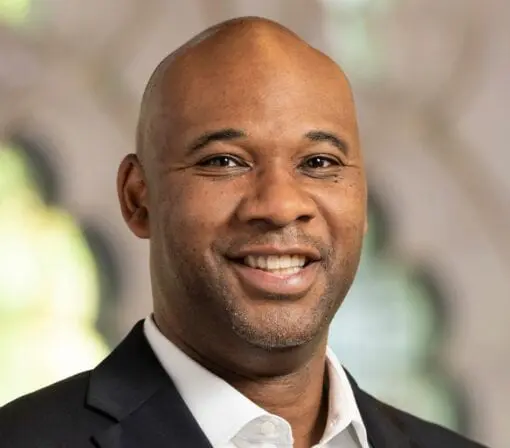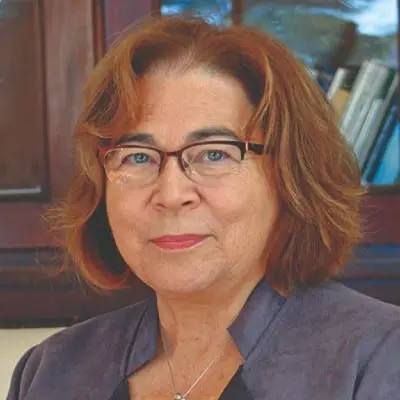CALLAHAN LECTURE
Advancing Health Equity, and Community
An online event. February 9, 2021 at 12pm EST
The Covid-19 pandemic has made longstanding, seemingly intractable inequities painfully visible. In addition to widespread suffering, African Americans and LatinX communities are dying at three times the rate of White communities, and there is growing momentum for racial reckoning not seen since the 1960s.
Join Professor Patrick T. Smith of Duke University and Mildred Solomon, president of The Hastings Center, for an exploration of how thinking and insights afforded by Martin Luther King and the 20th century civil rights movement might help redress today’s widespread suffering and health inequities. How can values like dignity, solidarity, community (or what King termed the “beloved community”) be useful today? What can we do to acknowledge King’s notion of an “inescapable network of mutuality?”
The Daniel Callahan Annual Lecture is supported by generous gifts from The John and Patricia Klingenstein Fund and The Andrew and Julie Klingenstein Family Foundation.
Patrick T. Smith, Associate Research Professor of Theological Ethics and Bioethics; Senior Fellow, Kenan Institute for Ethics at Duke University. Along with his appointment at the Divinity School, Professor Smith is associate faculty with the Trent Center for Bioethics, Humanities, and History of Medicine at Duke University School of Medicine. He has specific academic interests in the areas of bioethics, social ethics, Black Church studies, and philosophical theology. He was named a 2016-2017 Henry Luce III Fellow in Theology. His work and service in bioethics and social ethics has spanned academic, professional, community, and ecclesial spaces.
 Mildred Z. Solomon, President, The Hastings Center. President Solomon has an international reputation for her research on, and advocacy for, wiser health care and science policy. She is both a bioethicist and social science researcher. The primary focus of her bioethics scholarship has been on the ethics of end-of-life care for adults and children, organ transplantation, protection of human research participants, responsible conduct of research, and the governance of emerging technologies. Her scholarship in bioethics has informed health policy in a number of ways. She has served on committees of, and consulted to, the National Academies of Science, Engineering and Medicine.
Mildred Z. Solomon, President, The Hastings Center. President Solomon has an international reputation for her research on, and advocacy for, wiser health care and science policy. She is both a bioethicist and social science researcher. The primary focus of her bioethics scholarship has been on the ethics of end-of-life care for adults and children, organ transplantation, protection of human research participants, responsible conduct of research, and the governance of emerging technologies. Her scholarship in bioethics has informed health policy in a number of ways. She has served on committees of, and consulted to, the National Academies of Science, Engineering and Medicine.

